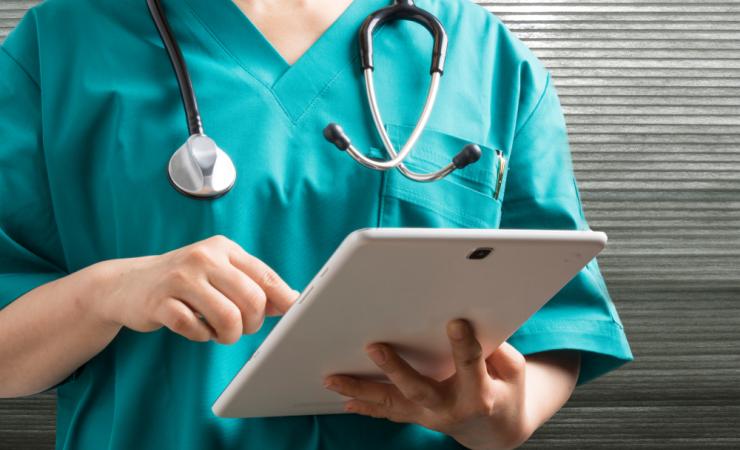Real-world data and evidence (RWD/RWE) have immense potential to contribute to the development and evaluation of medicines, medical devices, and drug-device combinations. Guidance on how this could work exists, but is high level, not evidence-based, and implementing it in practice is far from easy.
The aim of new IHI project GREG is to turn this situation around by generating guidance and tools to advance the use of RWE in the development and evaluation of medicines, medical devices and drug-device combinations, and to support regulatory and health technology assessment (HTA) decision-making.
The consortium comprises leaders from key European RWE initiatives including academics, regulators, HTA agencies, and industry leaders from the medicines, medical device and drug-device sectors.
“A clear need for alignment on the best methods, data, and tools”
“As RWE needs increase, there is a clear need for alignment on the best methods, data, and tools for the generation and use of this evidence to inform the development and evaluation of medicines and devices,” said project coordinator Daniel Prieto Alhambra of Erasmus University Medical Center. “GREG will deploy a dedicated team of experts to review existing guidelines, fill the gaps in the literature, and generate and pilot-test evidence-based guidance and tools for better RWE generation in Europe.”
The team will start by compiling libraries of use cases where RWE was used, successfully or unsuccessfully, in different settings (e.g. regulatory decision-making, HTA…) at different stages of the development life cycle. They will also gather information on what different stakeholders need when it comes to RWE.
Guidance and recommendations, co-created with stakeholders
All of this will feed into studies that will generate the evidence needed to draft guidance and recommendations, to be co-created with stakeholders and subsequently tested in additional pilot studies.
This process will allow the project to deliver much-needed resources on the use of RWE, including evidence-based guidance documents and tools; training on their use; and structured templates for regulatory and HTA submissions. Ultimately, these will help those developing medicines, devices and drug-device combinations to prepare more robust and consistent RWE evidence to regulators and HTA agencies. In turn, the GREG outputs will also allow regulators and HTA bodies to assess these submissions more easily and consistently.
The ultimate goal: to bring innovative treatments to patients faster
Once implemented, the GREG project’s results should therefore help to speed up the development and evaluation of medicines, devices and drug-device combinations, and patients’ access to them.
“The field of real-world evidence has been gathering much deserved attention in recent years as RWE has the potential to generate valuable and high-quality evidence which could complement clinical trials and inform decision making in clinical development, regulatory review as well as health technology assessments” says industry lead Emel Mashaki Ceyhan of Novo Nordisk. “This potential has not been fully reached despite the recent significant efforts and advancements in this field. Therefore, we strongly believe and remain confident that the outcomes of the GREG project will transform the way RWE is utilised in decision making and enable its use and implementation with confidence by sponsors, to bring innovative treatments to patients faster.”
